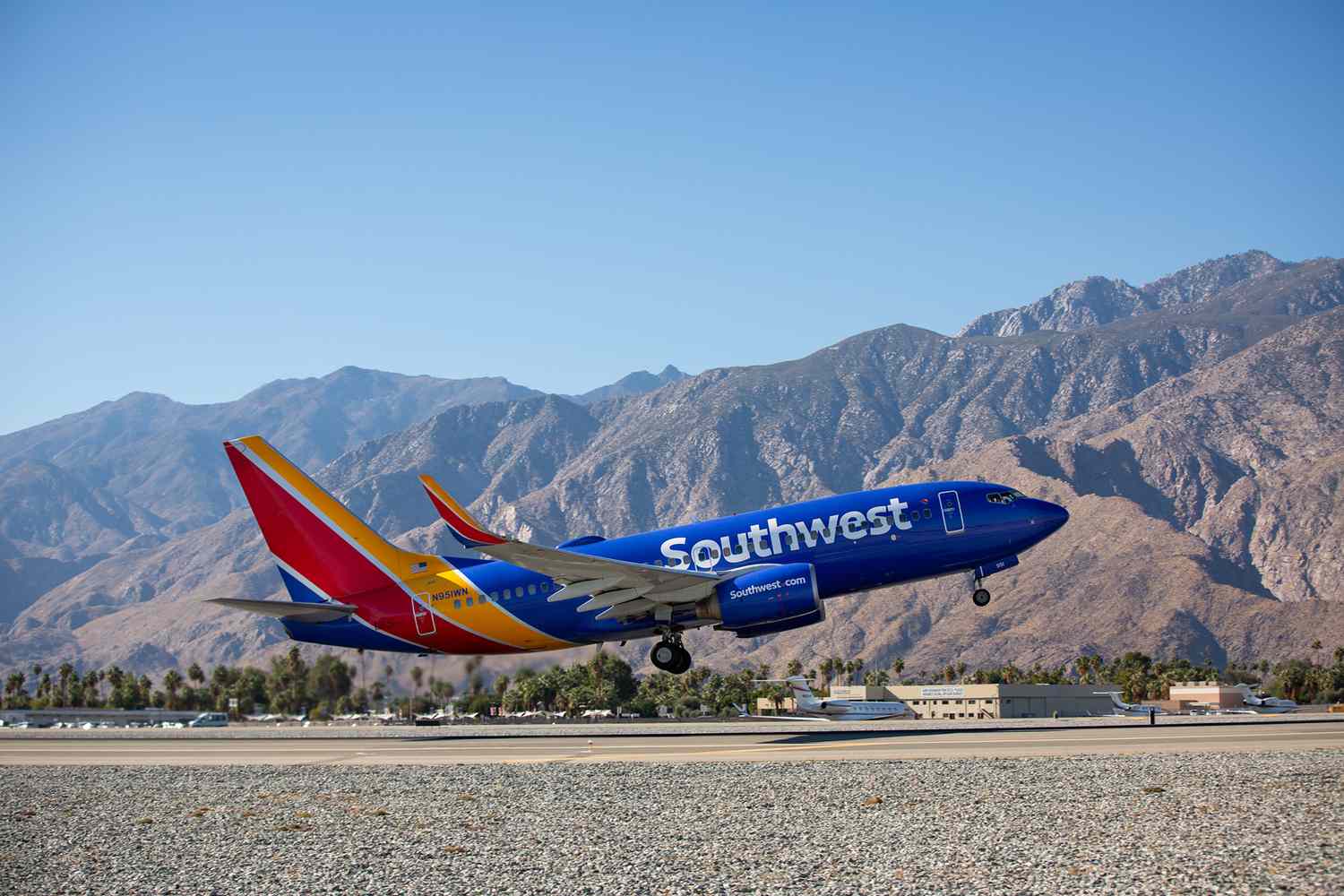
What are legacy carriers? Legacy carriers, also known as full-service airlines, are traditional airlines that have been around for decades. They offer a wide range of services, including multiple cabin classes, in-flight meals, and extensive route networks. These airlines often have a rich history and are known for their loyalty programs, frequent flyer miles, and partnerships with other airlines. Examples of legacy carriers include American Airlines, Delta Air Lines, and United Airlines in the United States. They usually operate both domestic and international flights, providing a comprehensive travel experience. Why are they called legacy carriers? The term "legacy" refers to their long-standing presence in the aviation industry and their established reputation for providing full-service amenities.
Key Takeaways:
- Legacy carriers are traditional airlines with long histories, offering full services and global alliances. They operate large fleets, fly to international destinations, and use loyalty programs to reward frequent flyers.
- Despite facing competition from low-cost airlines, legacy carriers use revenue management and government support to navigate financial challenges and stay competitive in the modern aviation industry.
What Are Legacy Carriers?
Legacy carriers are traditional airlines that have been around for decades. They often provide a range of services and amenities that budget airlines do not. Let's dive into some interesting facts about these airlines.
-
Established History: Legacy carriers have a long history, often dating back to the early 20th century. For example, American Airlines was founded in 1930.
-
Full-Service Airlines: These airlines offer a full range of services, including in-flight meals, entertainment, and checked baggage. This contrasts with low-cost carriers that charge extra for these amenities.
-
Global Alliances: Many legacy carriers are part of global alliances like Star Alliance, SkyTeam, or Oneworld. These alliances allow passengers to earn and redeem miles across multiple airlines.
The Fleet and Routes
Legacy carriers often have extensive fleets and fly to numerous destinations worldwide. Here are some fascinating facts about their operations.
-
Large Fleets: Legacy carriers typically operate large fleets of aircraft. For instance, Delta Air Lines has over 800 aircraft in its fleet.
-
International Routes: These airlines fly to international destinations, offering both short-haul and long-haul flights. British Airways, for example, flies to over 200 destinations in 75 countries.
-
Hub-and-Spoke Model: Legacy carriers often use a hub-and-spoke model, where flights are routed through central hub airports. This allows them to offer more connections and destinations.
Frequent Flyer Programs
Frequent flyer programs are a significant aspect of legacy carriers, rewarding loyal customers with various perks. Here are some key points about these programs.
-
Loyalty Rewards: Frequent flyer programs reward passengers with miles or points for each flight. These can be redeemed for free flights, upgrades, and other benefits.
-
Elite Status: Passengers who fly frequently can achieve elite status, which comes with perks like priority boarding, lounge access, and extra baggage allowance.
-
Partnerships: These programs often have partnerships with hotels, car rental companies, and credit card issuers, allowing members to earn and redeem points in various ways.
Financial Aspects
Legacy carriers have unique financial characteristics that set them apart from low-cost airlines. Here are some financial facts.
-
Higher Operating Costs: Legacy carriers generally have higher operating costs due to their extensive services, larger fleets, and unionized labor forces.
-
Revenue Management: These airlines use sophisticated revenue management systems to optimize ticket prices and maximize revenue. This involves adjusting prices based on demand, competition, and other factors.
-
Government Support: Legacy carriers often receive government support during financial crises. For example, many received bailouts during the COVID-19 pandemic to help them stay afloat.
Challenges and Competition
Despite their advantages, legacy carriers face several challenges in the modern aviation industry. Here are some of the main issues they encounter.
- Competition from Low-Cost Carriers: Legacy carriers face stiff competition from low-cost airlines, which offer lower fares by cutting back on services. This has forced many legacy carriers to adapt their business models to stay competitive.
The Final Word on Legacy Carriers
Legacy carriers have a rich history and play a crucial role in the aviation industry. From their extensive networks to their loyalty programs, these airlines offer unique benefits that set them apart from low-cost carriers. They often provide better customer service, more comfortable seating, and additional amenities, making them a preferred choice for many travelers.
However, they also face challenges like higher operating costs and competition from budget airlines. Understanding these factors can help you make informed decisions when booking your next flight. Whether you prioritize comfort, service, or price, knowing the strengths and weaknesses of legacy carriers can enhance your travel experience.
So next time you're planning a trip, consider what matters most to you. Legacy carriers might just offer the perfect balance of service and convenience for your journey. Happy flying!
Frequently Asked Questions
Was this page helpful?
Our commitment to delivering trustworthy and engaging content is at the heart of what we do. Each fact on our site is contributed by real users like you, bringing a wealth of diverse insights and information. To ensure the highest standards of accuracy and reliability, our dedicated editors meticulously review each submission. This process guarantees that the facts we share are not only fascinating but also credible. Trust in our commitment to quality and authenticity as you explore and learn with us.


